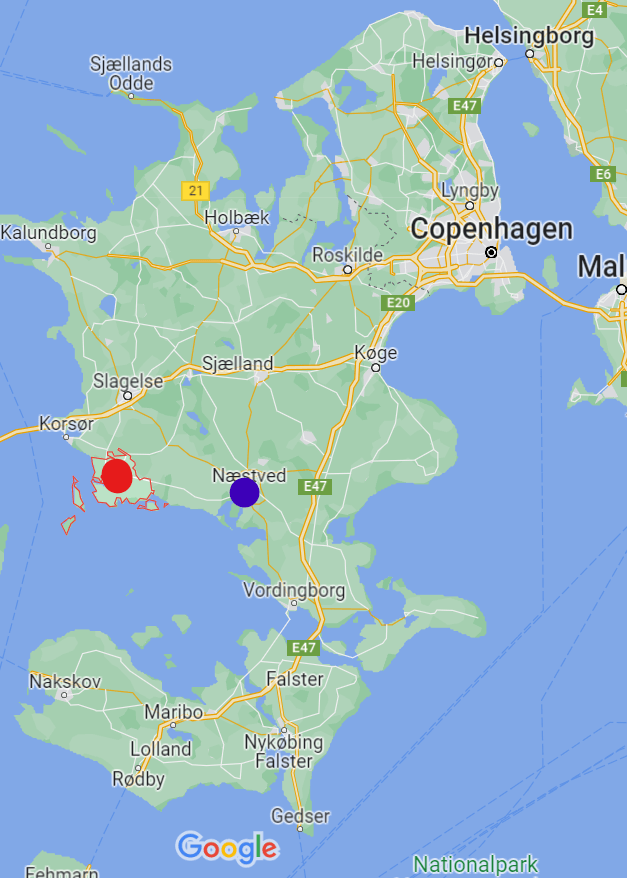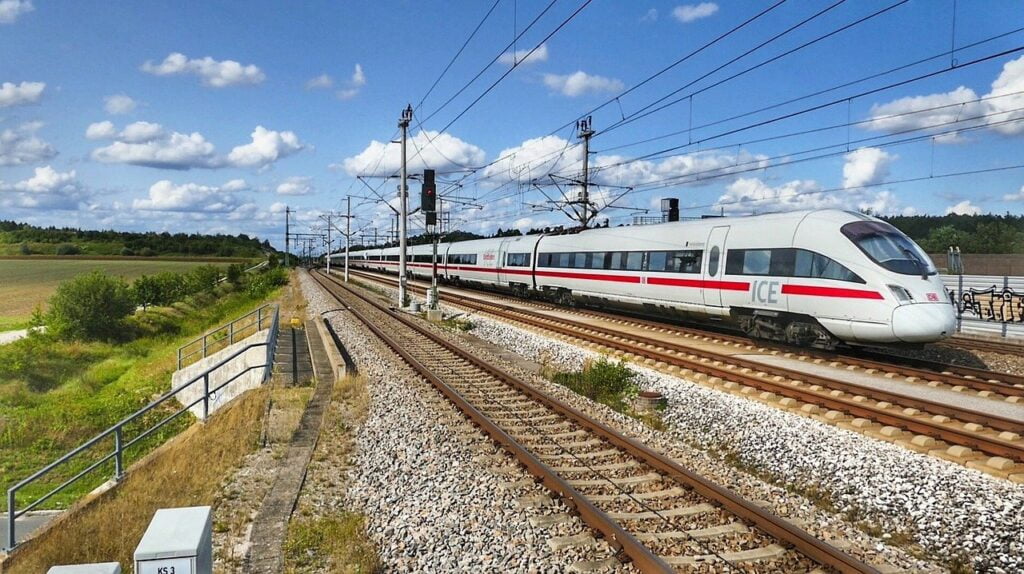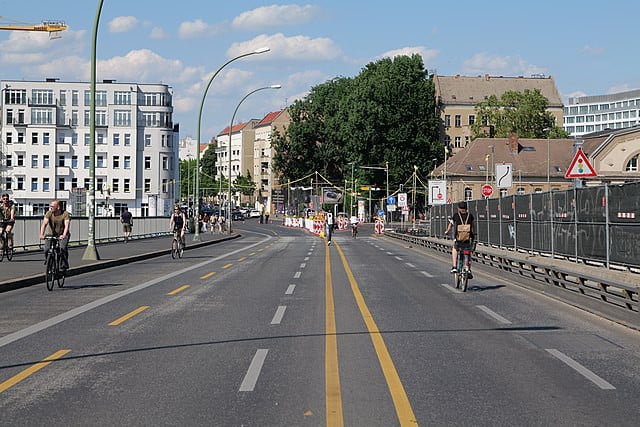Instead, politicians and Deutsche Bahn executives canceled the show
The trial period of the infamous 9-euro ticket in Germany is coming to an end. As predicted, it showed 3 things about mobility.
- People are happy to use affordable, public transport
- Germany’s rail infrastructure is in poor condition
- Deutsche Bahn refused to maintain large sections of the rail network
People flocked to use the offer. Meanwhile, Deutsche Bahn only managed to get 59% of its long-distance trains to run on schedule. The interesting part is, that the 9 Euro ticket isn’t even valid for the long-distance trains. It’s only valid for regional trains. Oh yeah. For those, the stats show punctuality of less than 90%. And we should remember, that canceled trains vanish from that statistic. They do not count. They simply do not exist.
The train crash in Bavaria made it clear. Deutsche Bahn didn’t maintain their tracks well enough. The reason? Our leaders were eager to sell Deutsche Bahn on the Stock Exchange for profit. People died for that reason. And the rail infrastructure, which was once envied by the world is a laughing stock.
We Need the Rail for the Mobility Revolution
This matter is too serious to laugh about. Germany is in deep shit for several reasons. For years, we relied on cheap fossil fuels from Russia. Now we are begging for oil from equally vile regimes, instead of pushing for energy independence. And that dependence will not go away. Not if the only solution to solve the transport needs of millions of citizens is the private car.
It is not only about long-distance trains. They are awesome, yes. But more important is the regional rail networks. The ones that make sure, that we can get away from small, rural towns. All the way to the hubs where the long-distance trains are running. Many of those regional networks do not exist anymore. They have been sold off or dismantled. A process that started after the privatization of Deutsche Bahn in 1984.
The free market zealots promised increased efficiency and affordable prices. Because the market is always right. We got neither. What we got was horrible service at exorbitant rates. And not even a guarantee that our trains are running at all.
There will be no mobility revolution. No green, sustainable transport. Just a completely dysfunctional infrastructure. Whether on rail or by road.
Let Me Illustrate the Failed Mobility Revolution Through a Case Story
Years ago, when I moved to the South of Sealand there were good rail connections. There was a Eurocity train running directly from Copenhagen to Prague via Berlin. And I could board in Næstved. No changing trains. Get on in Næstved, get off in Berlin. And vice-versa. That changed.
First I needed to change trains in Hamburg. Now, I cannot board in Næstved anymore at all. Instead, it is starting to become an Odyssey.
Last week, I went to Denmark to visit some old friends. When I went, there weren’t any available long-distance trains at all.
Here is what I did instead. I went by regional train from Berlin to Rostock. Changed to a local city train to go to a suburb. Then changed bus to go to the ferry port. Boarded the ferry to Gedser as a pedestrian. After arriving in Gedser, I took a bus to Nykøbing. There I took another regional train to Næstved. From there, another bus to Skælskør. That was my final destination. This took me 13 hours.

Wanna know how long it takes by car? 6 – 7 hours. Ferry ride included. So tell me again, how the train is a viable alternative to the car. Sure, I got to enjoy the landscape. But changing this often is stressful. As long as this situation persists, the sustainable mobility revolution won’t happen.






